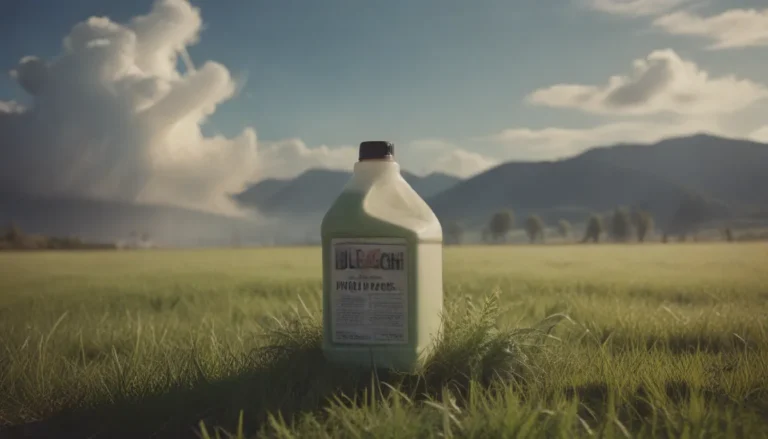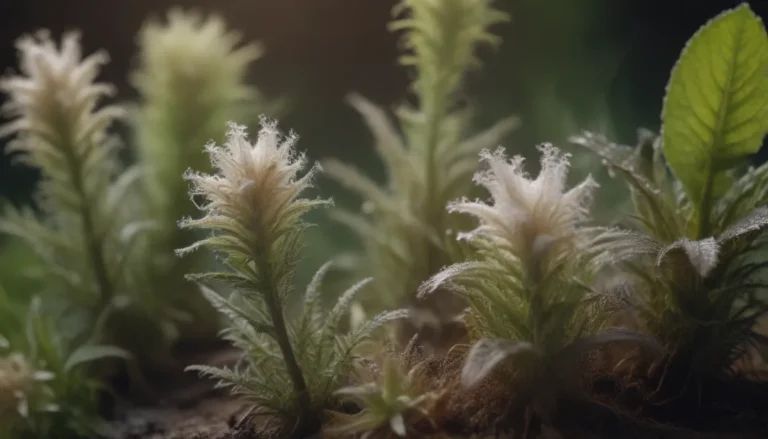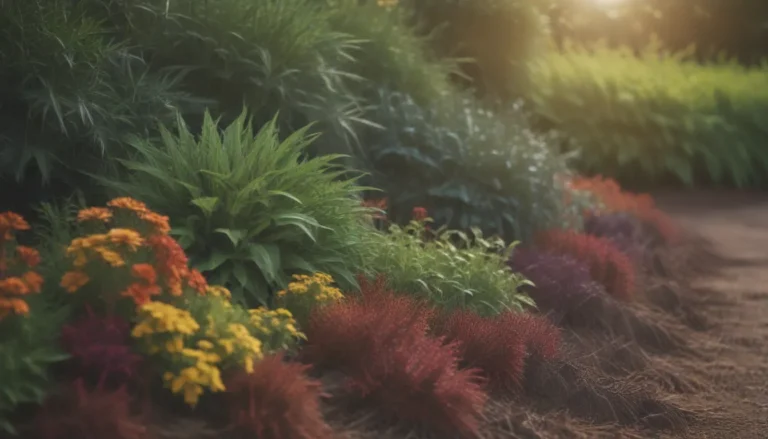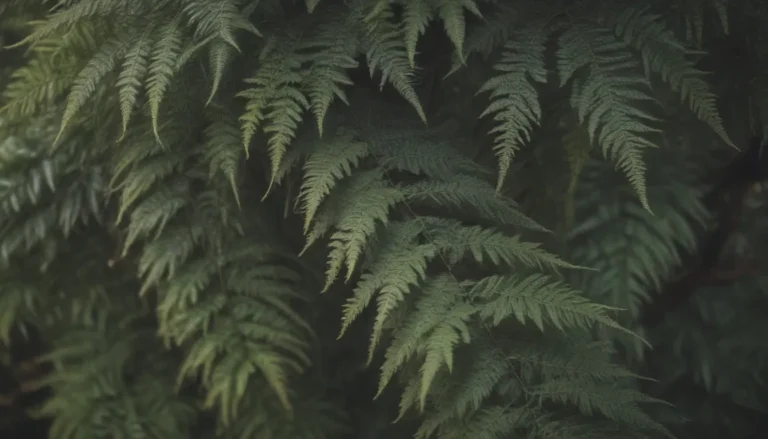Stone Dust: The Versatile Building Material You Need to Know About
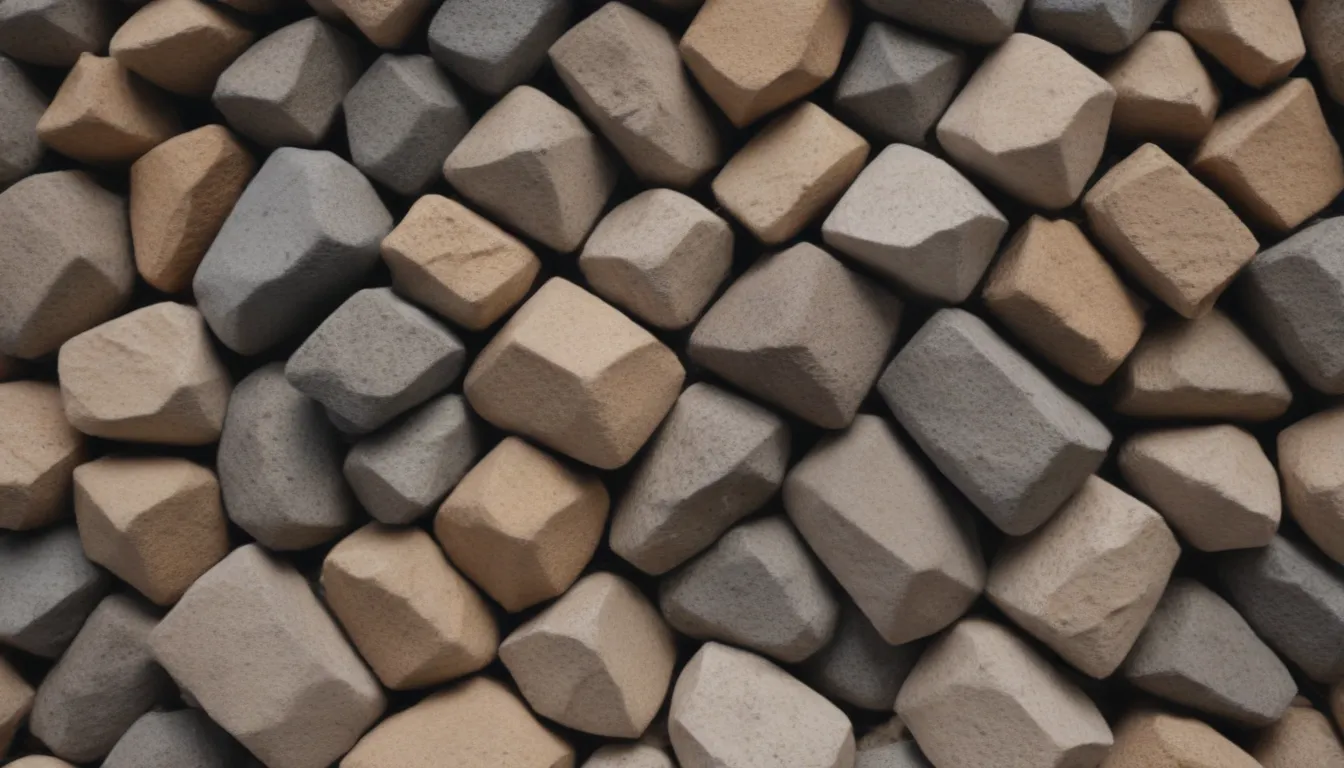
When diving into DIY hardscape projects, beginners often encounter a stumbling block when it comes to sourcing supplies, particularly when trying to find “stone dust.” The term may seem confusing at first, as it doesn’t quite resemble stone or dust upon first glance. So, what exactly is stone dust, and where can you buy it?
What Exactly is Stone Dust?
Stone dust is essentially a coarser version of sand, typically a byproduct of crushed stone production. The composition of stone dust varies depending on the type of stone that was crushed, whether it be granite or limestone. During the crushing process, the machine separates the larger crushed stone from the smaller material, known as “screenings,” which falls through the screen. As a result, the texture of stone dust can range from fine powder-like consistency to slightly coarser particles.
Some other names you might encounter for stone dust include:
- Decomposed granite
- Stabilized decomposed granite: Refers to stone dust that has been treated with stabilizers to prevent erosion
- Polymeric sand: Unlike traditional stone dust, polymeric sand contains binding agents, making it suitable for filling in gaps between stones
Practical Uses of Stone Dust
Stone dust is a versatile material commonly used as a setting bed for various types of stone pavers, such as flagstone pavers like bluestone. It can be compacted to create a smooth, flat surface that is sturdy enough to support the weight of the pavers. While stone dust is a popular choice for DIY projects, some professionals may recommend using sand for better drainage in certain scenarios.
Where to Purchase Stone Dust and How Much to Buy
If you’re looking to buy stone dust for your project, you can typically find it at stone yards, quarries, or excavation companies. Many of these suppliers offer delivery services for a fee, making it convenient to get the materials to your property. Alternatively, you may also find bagged stone dust at local home improvement stores, often sold under different names.
Before making a purchase, it’s important to calculate how much stone dust you’ll need for your project. Keep in mind that stone dust has the ability to compact and harden over time, especially when exposed to moisture. However, it’s worth noting that stone dust may not offer the best drainage properties compared to sand in certain applications.
Additional Tips for Buying Stone Dust
Here are some helpful tips to keep in mind when purchasing stone dust:
- Consider the size and scale of your project to determine the quantity of stone dust needed
- Check with local suppliers for pricing and delivery options
- If using stone dust for paver installation, consult with a professional to ensure proper drainage and stability
- Compare the properties of stone dust and sand to determine the best option for your specific project
By understanding the characteristics and uses of stone dust, you can make informed decisions when selecting materials for your hardscape projects. Whether you’re building a patio, walkway, or retaining wall, stone dust is a valuable building material that offers durability and versatility. So, next time you’re planning a DIY project, consider including stone dust in your materials list for a solid foundation that stands the test of time.
